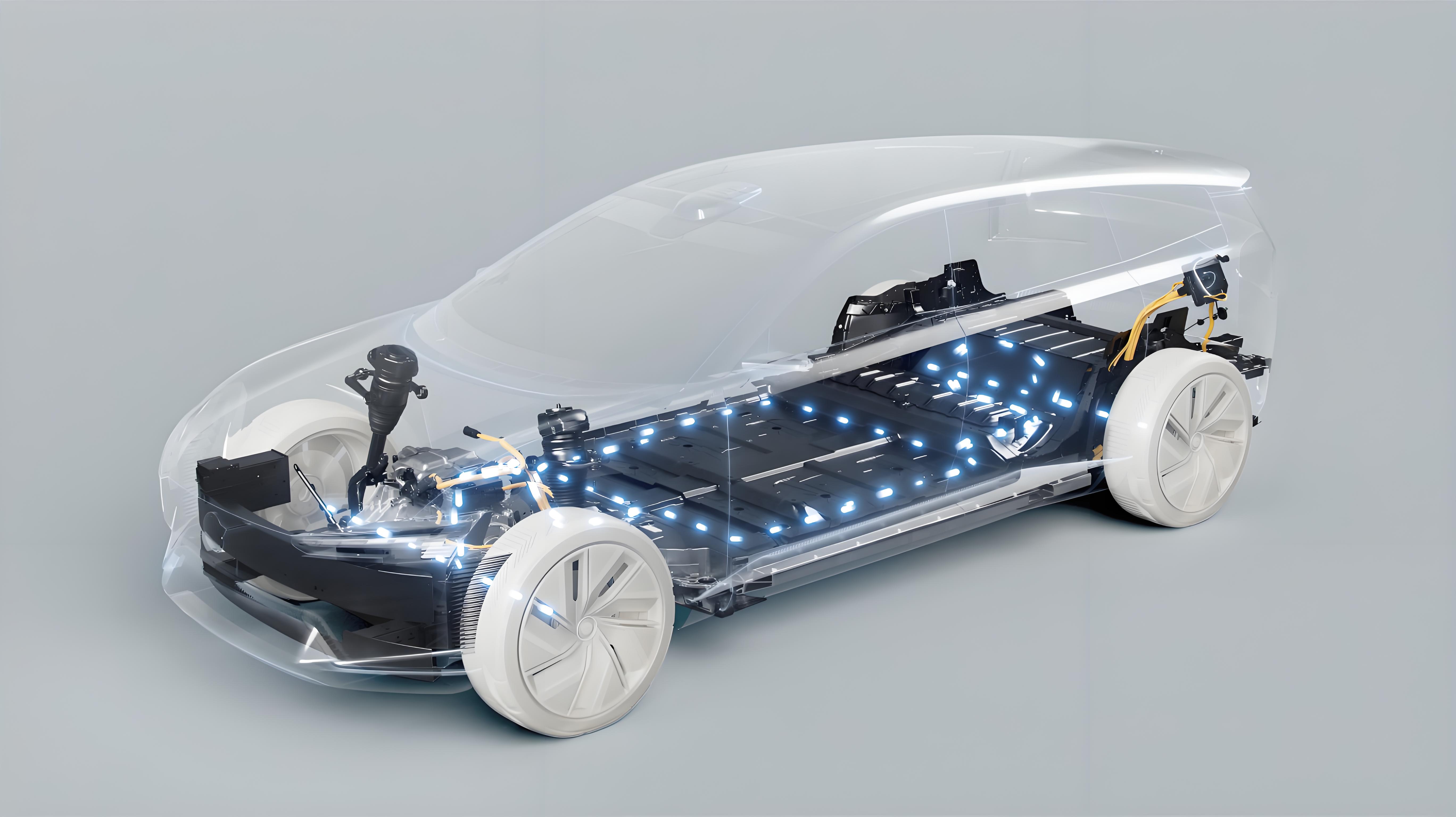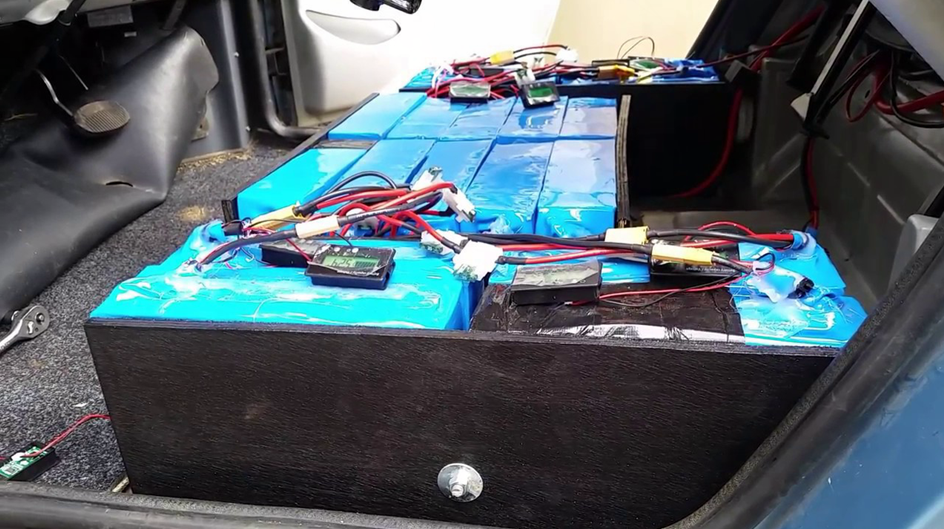China Integration of Smart Grids with Lithium Batteries: Revolutionizing Energy Management
Introduction:
As the global energy demand continues to rise, it has become imperative to explore innovative solutions to meet this growing need sustainably. The integration of smart grids with lithium batteries presents a promising avenue for revolutionizing energy management. This article delves into the potential benefits, challenges, and future prospects of this integration.
1. Benefits of integrating smart grids with lithium batteries:
1.1. Energy storage: Lithium batteries, with their high energy density and long cycle life, offer an efficient solution for storing excess energy generated by renewable sources. This stored energy can be utilized during peak demand periods, enhancing grid stability and reducing reliance on non-renewable energy sources.
1.2. Grid balancing: The fluctuating nature of renewable energy sources poses challenges for grid operators. By integrating lithium batteries into smart grids, surplus energy can be stored during low demand periods and discharged during high demand periods, enabling efficient grid balancing and reducing the need for traditional power plants.
1.3. Demand response: Smart grids equipped with lithium batteries facilitate demand response programs, allowing consumers to adjust their energy consumption based on real-time price signals. This empowers users to make informed decisions, optimize their energy usage, and contribute to a more sustainable energy system.
1.4. Enhanced efficiency: Smart grids integrated with lithium batteries enable efficient two-way communication between consumers and utilities. By providing real-time data on energy consumption, these grids facilitate better load management, voltage control, and fault detection, leading to energy savings and improved system reliability.
2. Challenges to overcome:
2.1. Cost: Despite the declining costs of lithium batteries, their initial investment remains relatively high. Widespread adoption of this integration will require further advancements in battery technology and cost reduction to ensure economic viability for both utilities and consumers.
2.2. Infrastructure: Integrating lithium batteries into existing grid infrastructure necessitates upgrades and modifications to accommodate the unique requirements of energy storage systems. This may involve considerable investments in grid infrastructure, necessitating clear strategies and funding mechanisms.
2.3. Safety and sustainability: Proper handling, disposal, and recycling of lithium batteries are critical to ensure safety and minimize their environmental impact. A comprehensive framework addressing these aspects must be developed to mitigate potential risks and promote sustainable use of lithium batteries.

3. Future prospects and developments:
3.1. Advancements in battery technology: Ongoing research and development efforts are focused on enhancing the performance and durability of lithium batteries. Innovations such as solid-state batteries and battery management systems are expected to further improve energy storage capabilities, efficiency, and safety.
3.2. Integration with renewable sources: The integration of lithium batteries with renewable energy sources like solar and wind power can address the intermittent nature of these sources. This integration can enable reliable and consistent power supply, thereby accelerating the transition to a clean and sustainable energy future.
3.3. Grid-edge solutions: The emergence of distributed energy resources and the Internet of Things (IoT) is paving the way for grid-edge solutions. By integrating lithium batteries at the consumer level, decentralized energy systems can be developed, promoting energy independence and local resilience.
خاتمة:
تكامل smart grids with lithium batteries has the potential to revolutionize energy management by enhancing energy storage, grid balancing, demand response, and overall system efficiency. Despite challenges related to cost, infrastructure, and safety, ongoing advancements in battery technology and renewable energy integration provide a positive outlook for the future. The development of clear strategies and policies, along with continued research and development, will be crucial in unlocking the full potential of this integration and achieving a sustainable energy future.
-
 Over the past few decades, the automotive industry has undergone tremendous changes, with technology playing a significant role in this transformation. One of the most significant changes has been the shift towards electric and hybrid cars, which are meant to reduce the carbon footprint of the automotive industry. However, electric and hybrid cars come with their unique challenges, one of...اقرأ أكثر
Over the past few decades, the automotive industry has undergone tremendous changes, with technology playing a significant role in this transformation. One of the most significant changes has been the shift towards electric and hybrid cars, which are meant to reduce the carbon footprint of the automotive industry. However, electric and hybrid cars come with their unique challenges, one of...اقرأ أكثر -
 Introduction Establishing good rail travel experiences for your customers requires much more than a safe road bed or an eye-catching and modern passenger car. There is much thought and expertise that contributes to giving people a comfortable and smooth journey, notwithstanding many miles over not-so perfect track. Here’s where modern locomotives come to play. Efficiency ranks high these...اقرأ أكثر
Introduction Establishing good rail travel experiences for your customers requires much more than a safe road bed or an eye-catching and modern passenger car. There is much thought and expertise that contributes to giving people a comfortable and smooth journey, notwithstanding many miles over not-so perfect track. Here’s where modern locomotives come to play. Efficiency ranks high these...اقرأ أكثر -
 A locomotive is a powerful machine that is used to haul heavy loads over long distances. It is an essential part of the transportation industry, and the reliability of locomotives is critical to the success of businesses that rely on them. One of the most important components of a locomotive is the starter battery, which provides the power to start...اقرأ أكثر
A locomotive is a powerful machine that is used to haul heavy loads over long distances. It is an essential part of the transportation industry, and the reliability of locomotives is critical to the success of businesses that rely on them. One of the most important components of a locomotive is the starter battery, which provides the power to start...اقرأ أكثر -
 Today, as the electric vehicle industry is booming, lithium-ion automotive batteries play an important role as the core power source. This article will provide an in-depth analysis of the technical composition, performance characteristics, and current market conditions of lithium-ion automotive batteries, but will not cover specific application areas, innovative technologies, and future prospects. Technical Composition Lithium-ion automotive batteries are mainly...اقرأ أكثر
Today, as the electric vehicle industry is booming, lithium-ion automotive batteries play an important role as the core power source. This article will provide an in-depth analysis of the technical composition, performance characteristics, and current market conditions of lithium-ion automotive batteries, but will not cover specific application areas, innovative technologies, and future prospects. Technical Composition Lithium-ion automotive batteries are mainly...اقرأ أكثر -
 When it comes to powering up your devices and appliances, one of the most important things to consider is the type of battery you use. With so many options available on the market, it can be challenging to find the right one that meets your needs. However, there is one battery that is gaining popularity among consumers and experts alike:...اقرأ أكثر
When it comes to powering up your devices and appliances, one of the most important things to consider is the type of battery you use. With so many options available on the market, it can be challenging to find the right one that meets your needs. However, there is one battery that is gaining popularity among consumers and experts alike:...اقرأ أكثر -
 Lithium starter batteries are becoming increasingly popular in the automotive industry due to their many advantages over traditional lead-acid batteries. In this article, we will explore the benefits of lithium starter batteries and their applications. Advantages of Lithium Starter Batteries: 1. Lightweight: Lithium batteries are significantly lighter than lead-acid batteries, making them ideal for automotive applications where weight...اقرأ أكثر
Lithium starter batteries are becoming increasingly popular in the automotive industry due to their many advantages over traditional lead-acid batteries. In this article, we will explore the benefits of lithium starter batteries and their applications. Advantages of Lithium Starter Batteries: 1. Lightweight: Lithium batteries are significantly lighter than lead-acid batteries, making them ideal for automotive applications where weight...اقرأ أكثر -
 في مشهد تخزين الطاقة الذي يتطور باستمرار، ظهرت بطاريات الليثيوم عالية الطاقة كرائدة، مما أحدث ثورة في الصناعات التي تتطلب تفريغًا سريعًا للطاقة وأداءً متفوقًا. تتعمق هذه المقالة في التفاصيل المعقدة لعجائب تخزين الطاقة هذه، وتستكشف تقنياتها وتطبيقاتها والأثر التحويلي الذي تجلبه إلى مختلف القطاعات. فهم بطاريات الليثيوم عالية الطاقة: بطاريات الليثيوم عالية الطاقة، مجموعة فرعية من بطاريات الليثيوم أيون...اقرأ أكثر
في مشهد تخزين الطاقة الذي يتطور باستمرار، ظهرت بطاريات الليثيوم عالية الطاقة كرائدة، مما أحدث ثورة في الصناعات التي تتطلب تفريغًا سريعًا للطاقة وأداءً متفوقًا. تتعمق هذه المقالة في التفاصيل المعقدة لعجائب تخزين الطاقة هذه، وتستكشف تقنياتها وتطبيقاتها والأثر التحويلي الذي تجلبه إلى مختلف القطاعات. فهم بطاريات الليثيوم عالية الطاقة: بطاريات الليثيوم عالية الطاقة، مجموعة فرعية من بطاريات الليثيوم أيون...اقرأ أكثر

